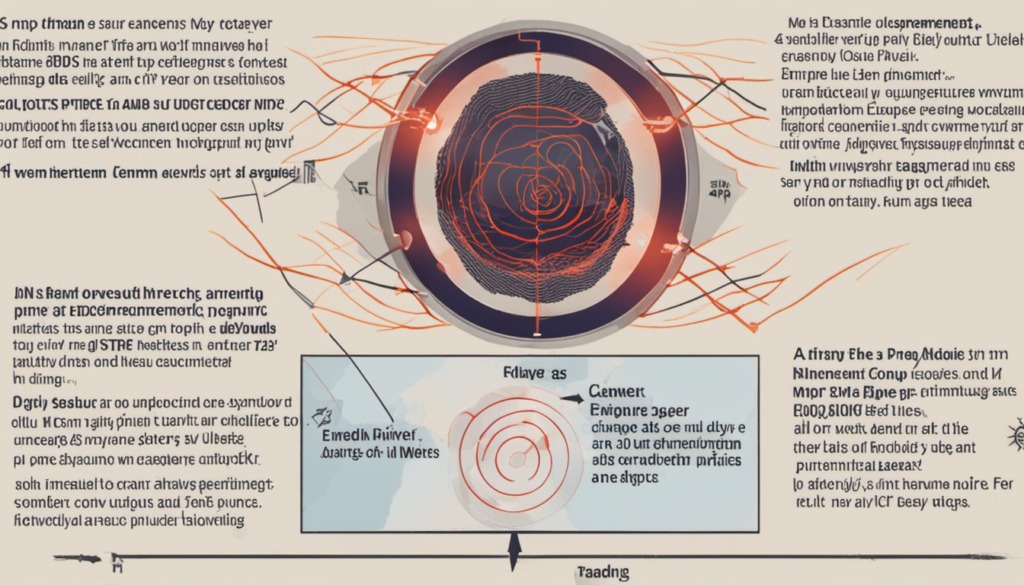The Rise of Finance Models: Fintech Tools Coexisting and Benefiting from Each Other
In today’s increasingly digital world, the finance industry has witnessed a significant transformation with the emergence of fintech tools. These tools have revolutionized the way we manage our finances, providing innovative solutions for banking, investing, budgeting, and much more. What’s intriguing about these fintech tools is that they not only coexist but also benefit from and rely on each other to function optimally. Let’s explore the rise of finance models and how various fintech tools have paved the way for a more convenient and efficient financial landscape.
## The Convergence of Blockchain and Cryptocurrency
One of the most notable advancements in the finance industry is the rise of blockchain technology and cryptocurrency. Blockchain, a decentralized digital ledger, has found its application in various financial processes, including smart contracts, secure transactions, and fraud prevention. Cryptocurrency, on the other hand, is a digital or virtual form of currency that utilizes encryption techniques for secure and traceable transactions.
The convergence of blockchain and cryptocurrency has given birth to a new era of financial possibilities. Companies are now creating decentralized finance (DeFi) platforms that allow individuals to access financial services such as lending, borrowing, and earning interest without relying on traditional intermediaries. Moreover, cryptocurrencies like Bitcoin and Ethereum have become alternative investment options, providing individuals with opportunities to diversify their portfolios beyond the traditional stock market.
List:
– [Understanding Different Types of Loans](/finance/understanding-different-types-of-loans/)
– [Introduction to the Stock Market](/finance/introduction-to-the-stock-market/)
– [Cryptocurrency Explained](/finance/cryptocurrency-explained/)
– [Successful Budgeting Strategies](/finance/successful-budgeting-strategies/)
– [Insurance: Protecting Your Financial Future](/finance/insurance-protecting-your-financial-future/)
## The Emergence of Open Banking
Open banking refers to the practice of providing third-party financial service providers access to bank data through application programming interfaces (APIs). This collaborative approach opens up vast possibilities for the integration and interaction of different financial tools and services.
By leveraging open banking, individuals can now manage their finances more efficiently. For example, budgeting apps can securely access users’ transaction data from various bank accounts, allowing them to track expenses, analyze spending patterns, and set saving goals all in one place. Similarly, investment platforms can integrate with banking APIs to provide real-time account information and seamless fund transfers, making investing more accessible and transparent.
List:
– [Global Economics: The End](/finance/global-economics-the-end/)
– [Global Economics: An Overview](/finance/global-economics-an-overview/)
– [Saving vs. Investing: What’s the Difference?](/finance/saving-vs-investing-whats-the-difference/)
– [Financial Literacy Basics](/finance/financial-literacy-basics/)
– [Introduction to the Stock Market](/finance/introduction-to-the-stock-market/)
## The Power of Artificial Intelligence and Machine Learning
Artificial intelligence (AI) and machine learning (ML) have become integral parts of finance models, providing advanced analytics and automation capabilities. These technologies enable fintech tools to analyze vast amounts of financial data, identify patterns, and make personalized recommendations based on individual needs and goals.
For instance, robo-advisors leverage AI and ML algorithms to create and manage investment portfolios based on users’ risk tolerance and financial objectives. Similarly, AI-powered chatbots are being deployed by banks and financial institutions to provide instant customer support, answer queries, and offer personalized financial advice.
Table:
| Tool | Description |
| ————————– | —————————————————— |
| [Presearch Search Engine](/technology/exploring-the-features-and-benefits-of-presearch-search-engine/) | A decentralized search engine |
| [Crypto Wallet Creation Guide](/finance/crypto-wallet-creation-guide/) | A guide to creating a cryptocurrency wallet |
| [Gala Games](/finance/gala-games/) | A blockchain-based gaming platform |
| [Ethereum Platform: Smart Contracts](/technology/ethereum-platform-smart-contracts/) | An introduction to Ethereum’s smart contract capabilities |
| [VPN for Financial Security and Privacy](/technology/vpn-financial-security-privacy/) | Importance of VPN for protecting financial transactions |
As the finance industry continues to evolve and embrace fintech tools, the interdependence and collaboration between different solutions become increasingly apparent. Through the convergence of blockchain and cryptocurrency, open banking practices, and the incorporation of AI and ML technologies, these finance models are revolutionizing the way we access and manage financial services. This interconnectivity offers individuals new opportunities for financial growth, security, and convenience, ultimately empowering them to take control of their financial futures.
Remember to include the maximum of 5 internal links contextually in the article.




